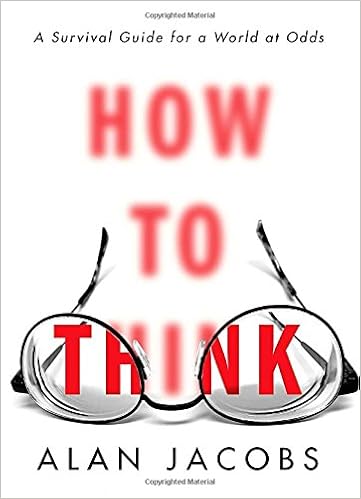Jay Milbrandt's account of the Pilgrims is a fascinating one. It delves into a whole lot of information that isn't typically included in your standard history textbook. It's written in an engaging, highly readable style, and numerous resources are provided for further research on the subject.
It's quite fascinating to discover that the true story behind the Pilgrims is far deeper and more interesting than the fluffy stories we've grown up with. Milbrandt digs into the European history of the Pilgrims, their struggles and consequent voyage on the Mayflower, and their beginnings in a new land. Most interestingly, he discusses what caused their original dream to falter and eventually fail.
I recommend this book to any American history afficionados. It's well-written, easy to digest, and very well researched. By the end, you'll understand why the Pilgrims are so closely associated with the founding of this country, when they were hardly the first to arrive.
I received this book from the publisher in exchange for an honest review. These opinions are my own.
I like books. If I can get them for free, all the better. I review books for various publishing companies, and they kindly send me free books in return.
Thursday, June 7, 2018
Wednesday, February 28, 2018
How to Think by Alan Jacobs
This is a short book for such a potentially hefty subject. In an age where cognitive dissonance is rampant, where people refuse to look outside of their safe social boundaries, this book sheds some very needed light. It's far too easy these days to shoot off a tweet or pound out a furiously opinionated Facebook post, but that impulsive, tactless, and often thoughtless approach simply encourages and fosters the same thoughtlessness in those around us.
You might think you're a thoughtful person, but Jacobs lays that assumption to rest pretty quickly. The fact is, none of us are nearly as objective as we think we are. We're all molded and influenced by society. We tend to be platitudinous without realizing it. We rely on poorly informed positions and iffy assumptions. Once we recognize our own feet of clay, we are then in a position to start thinking.
Jacobs also makes the very good case that none of us are quite as tolerant as we think we are. So many of us loudly support "tolerance" - yet we rapidly become intolerant when others are less "tolerant" than we think they should be.
This book has certainly given me plenty of food for thought - and that's saying a lot for less than 200 pages. I recommend this thoughtful primer for anyone who has become frustrated with the current state of debate.
Disclaimer: I received this book from Blogging for Books in exchange for an honest review. I was not required to write a positive review. As such, these opinions are my own.
You might think you're a thoughtful person, but Jacobs lays that assumption to rest pretty quickly. The fact is, none of us are nearly as objective as we think we are. We're all molded and influenced by society. We tend to be platitudinous without realizing it. We rely on poorly informed positions and iffy assumptions. Once we recognize our own feet of clay, we are then in a position to start thinking.
Jacobs also makes the very good case that none of us are quite as tolerant as we think we are. So many of us loudly support "tolerance" - yet we rapidly become intolerant when others are less "tolerant" than we think they should be.
This book has certainly given me plenty of food for thought - and that's saying a lot for less than 200 pages. I recommend this thoughtful primer for anyone who has become frustrated with the current state of debate.
Disclaimer: I received this book from Blogging for Books in exchange for an honest review. I was not required to write a positive review. As such, these opinions are my own.
Subscribe to:
Posts (Atom)

